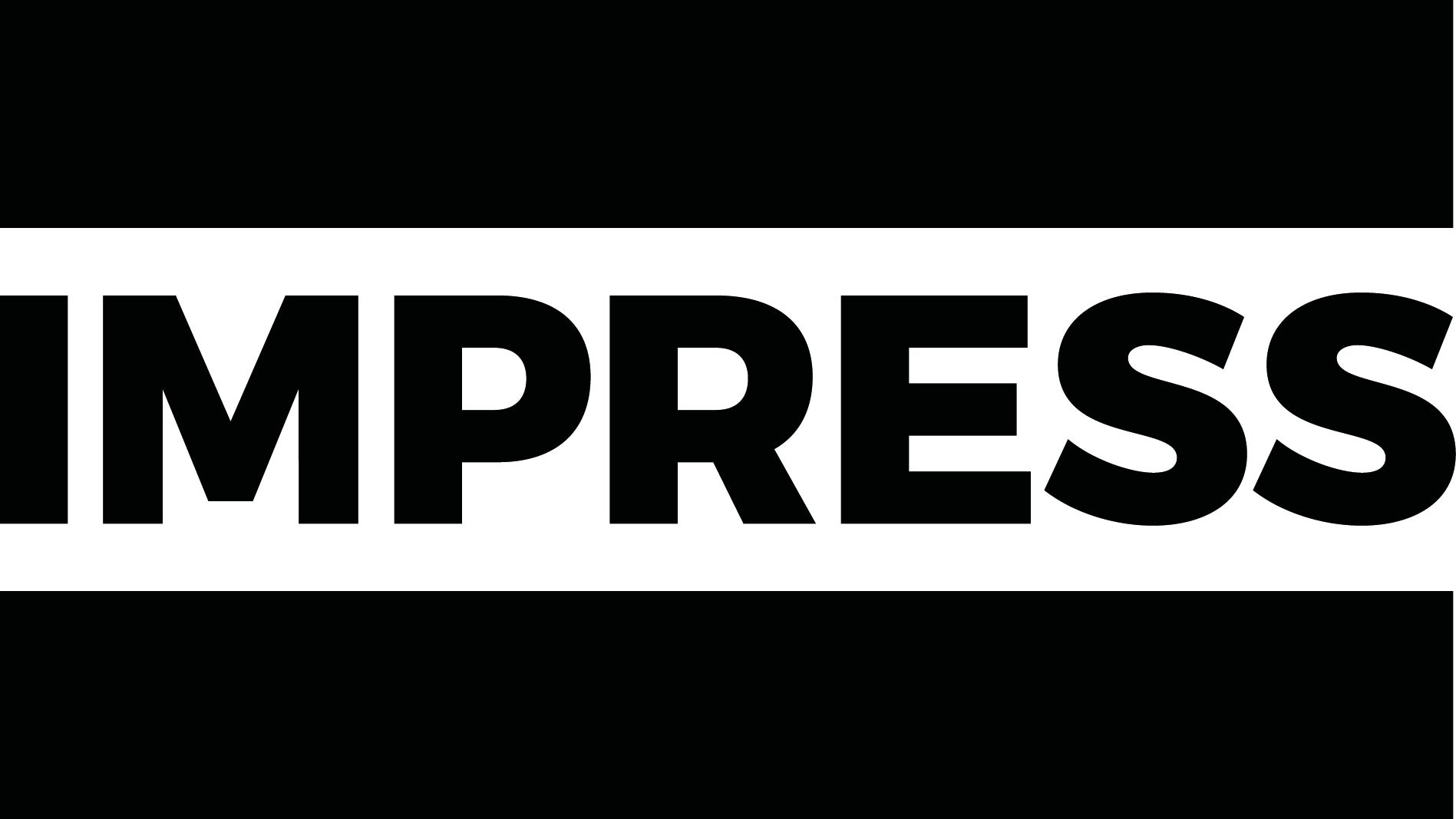
When John Milton defended press freedom, he did so because he thought that difficult and dangerous ideas were better expressed publicly than swept under the carpet. At a time of bloody civil war, he argued that religious dissidents should be free to air their views because “who ever knew truth to be put to the worse, in a free and open encounter?”
Milton is routinely cited by press freedom advocates in the executive suites of the newspaper industry. But their understanding of freedom is oddly cramped compared to his. Rather than welcome challenge, or provide space for robust debate, these captains of the newspaper industry are intensely busy trying to silence a new organisation, Impress.
Could it be because Impress was launched with the modest ambition of bringing independent regulation to the UK press?
We want to rebuild public confidence in news publishing, at a time when a majority of the public do not trust either politicians or publishers with the task of press regulation.
That is why, at Impress, we applied to the Press Recognition Panel to confirm that we are truly independent and effective. After a rigorous and transparent nine-month process, the PRP gave us their approval in a landmark decision last month.
This does not make us a state regulator, any more than a company which passes its audit is a state company or a charity registered with the Charity Commission is a state body or a car which passes its MOT is a state automobile.
As we have seen recently, even judges – who are appointed and paid by the state – are quite able to do their jobs without fear or favour. On the contrary, our independent oversight by the PRP means that we are freed from the conflicts of interest which otherwise plague self-regulatory bodies.
Our first financial support came through a crowd-funding appeal and further grants and donations followed from non-profit foundations like the Joseph Rowntree Reform Trust and individuals including Michael Frayn, Ian McEwan, Max Mosley, JK Rowling and David Sainsbury.[£3.8m of Impress funding comes from Max Mosley’s family charity.]
We have ensured that no donor can influence what we do. The PRP confirmed last month that our funding arrangements protect Impress against interference.
Backing for Impress extends from Sir Harold Evans, former editor of the Times and the Sunday Times, to the National Union of Journalists.
Jeremy Dear, former general secretary of the NUJ and now deputy general secretary of the International Federation of Journalists, said: “Journalists desperately need a regulator which is truly independent and can fairly enforce the code of conduct and safeguard freedom of the press. The public need a regulator which can genuinely tackle breaches of the code. Impress can provide the positive alternative journalists and the public have been crying out for.”
The publications which have signed up to be regulated by Impress, are part of the 21st century news industry. We are welcoming publishers who want the benefits of an arbitration scheme that is free for the public and that protects publishers against the risk of exemplary damages in libel and privacy cases.
When we ask our publishers why they’ve joined us, they describe the legal, commercial and reputational benefits that flow from truly independent regulation.
Jeremy Dear echoes their views: “IPSO fails on so many counts and is open to too much influence from the very media owners who fail to tackle serious and regular breaches. We don’t want major newspaper publishers to control the system of regulation and we don’t want the Government to have undue influence. We need a regulator independent of both press and politicians.”
Over fifty publications have so far joined or are in the process of joining Impress. Between them, they reach more than two million readers every month. Some of them are growing rapidly – at a time when major publishers are contracting.
They are creating new jobs in journalism – at a time when major publishers are rapidly shedding staff. And they believe that journalism has a positive role to play in society – at a time when some publishers appear to be more concerned with their own rights and privileges than those of anyone else.
Recently, the efforts by some in the news industry to delegitimise Impress has grown to a new pitch. Last week, two independent organisations were put under so much pressure that they were forced to pull out of contractual arrangements with us.
One of these was the British Journalism Awards, organised by Press Gazette, who had invited Impress to sponsor the ‘Local Hero’ category.
Local journalism is close to the hearts of everyone at Impress, particularly those of us who started out in the local press. However, a handful of judges at the awards told the organisers that they would step down if Impress continued to be associated with the event. They said that their objections rested on a point of “principle”.
Not all the judges agreed. Christo Hird, a former editor of the Sunday Times Insight Team and a former managing editor of the Bureau of Investigative Journalism, is a BJA judge, as is Jeremy Dear.
Hird said: “It is a matter of regret that six judges applied so much pressure that Dominic Ponsford felt obliged to go back on a decision that had already been made.”
And what exactly is the principle at stake here? The principle of no-platforming anyone who disagrees with you?
Whatever it is, this principle is not one of free speech, which obliges us to air disagreements and alternative viewpoints – even when we do not like what we hear.
Email pged@pressgazette.co.uk to point out mistakes, provide story tips or send in a letter for publication on our "Letters Page" blog
